 |
|||
 |
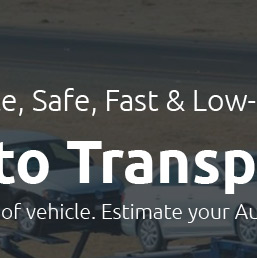 |
 |
|---|---|---|
 |
 |
|
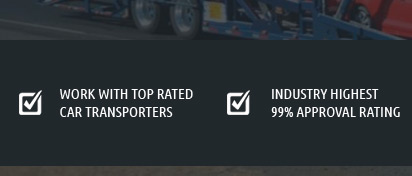 |
 |
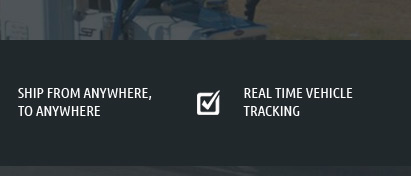 |
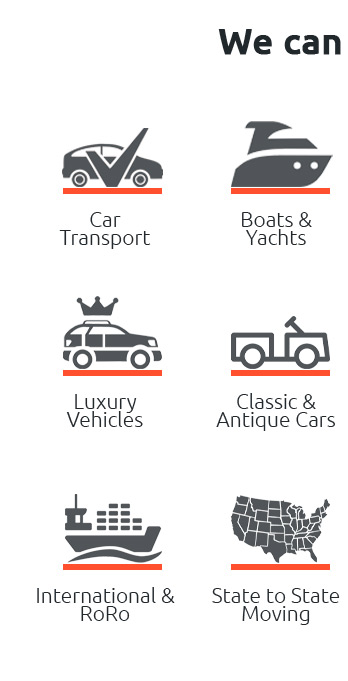 |
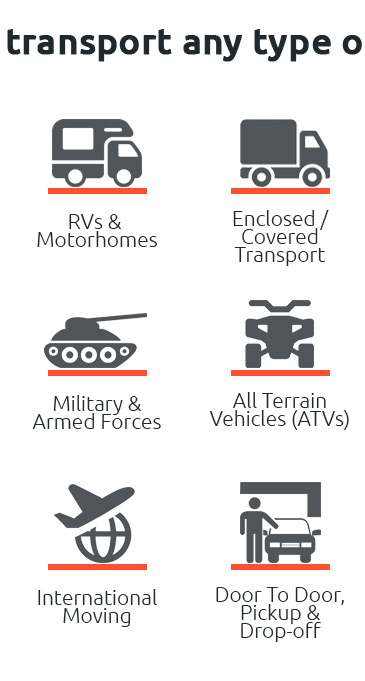 |
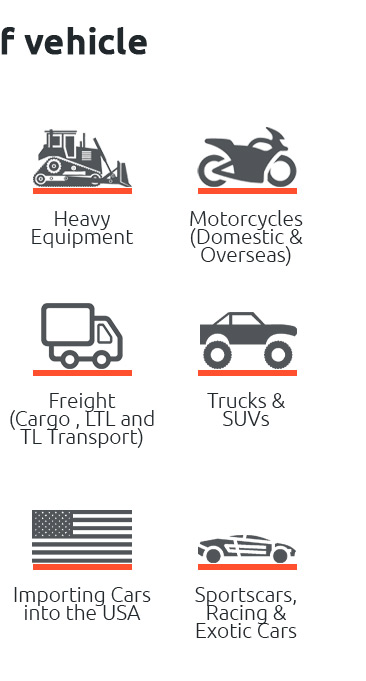 |
|---|
 |
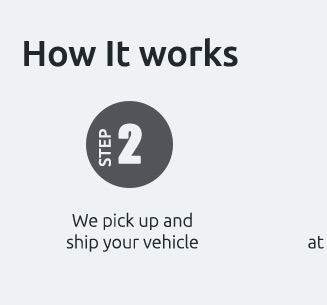 |
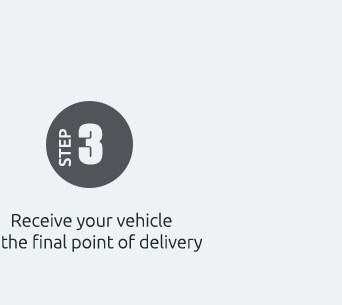 |
|---|---|---|
 |
||
 |
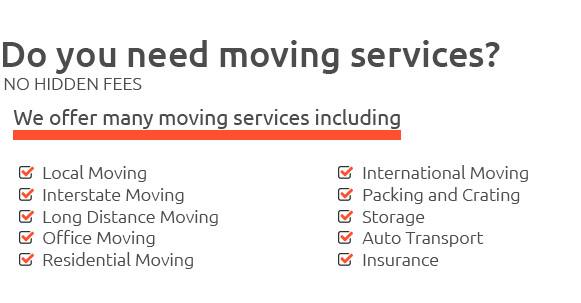 |
|---|---|
small freight companies that keep regional and niche supply chains movingWhat they doSmall carriers and forwarders thrive on focus. They run tight operations on specific lanes, offer white‑glove handling for fragile goods, and pick up the phone when you need a quick change. Their scale can mean faster decisions, clearer accountability, and pricing that reflects actual effort rather than blanket rules. Pros and cons at a glanceUpsides: flexibility, direct access to dispatch, and tailored service. Trade‑offs: limited capacity during peaks, fewer backup routes, and more exposure to disruptions if a truck or driver is down.
How to choose wiselyValidate insurance, safety scores, and on‑time data. Ask about contingency plans, subcontractor vetting, and technology-TMS visibility, ELD data, and API/EDI options. Weigh rate against service reliability; a slightly higher quote can buy certainty when deadlines are rigid. In short, match the company’s strengths to your lanes and risk tolerance.
|
|---|